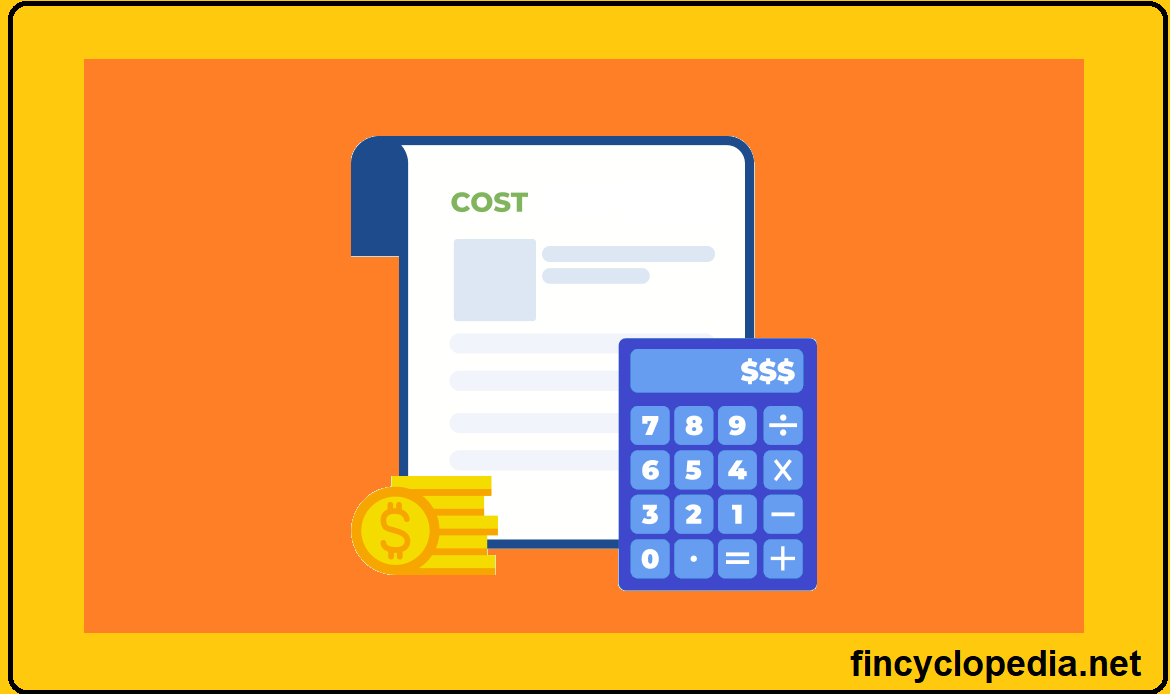Broadly speaking, control is the power/ authority to direct and manage (people’s behavior, course of events, things, etc.) In accounting, control has a very specific meaning: power over assets or business. More specifically, an entity controls an asset or business, when it has substantially all the risks/ rewards incidental to ownership (of an asset/ business). This, in turn, depends on having a direct exposure to, or rights in, variable returns that arise from its involvement with an asset, group of assets, or a business, and also on its ability to affect these returns (negative and/or positive) through that power.
In another context, control may involve a controlling interaction between an investee and investor (control of an investee). An investor controls an investee when the former has power over the latter. Control is also manifested in the exposure of an investor to, or its rights in, variable returns that arise from its involvement with an investee, and its ability to affect the returns through that power.
Overall, control may come in many forms including current control, future control, joint control, etc.







